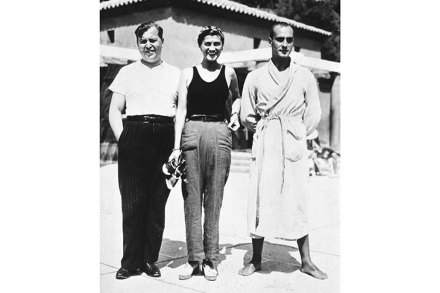Where’s Coco?
Anne de Courcy, an escapee from tabloid journalism, has become a polished historian of British high society in the 20th century. Her book The Viceroy’s Daughters, an account of the three daughters of Lord Curzon, marked her transition from debutante-itis to something grittier. It was followed by a biography of Diana Mosley, published a few months after Mosley’s death. When I questioned Diana about it she told me that her previous biographer, Jan Dalley, had been frightened to ask anything too personal, but that De Courcy had been robust and unafraid to probe. That fearlessness was most in evidence in De Courcy’s biography of Lord Snowdon, published in 2008, which





















